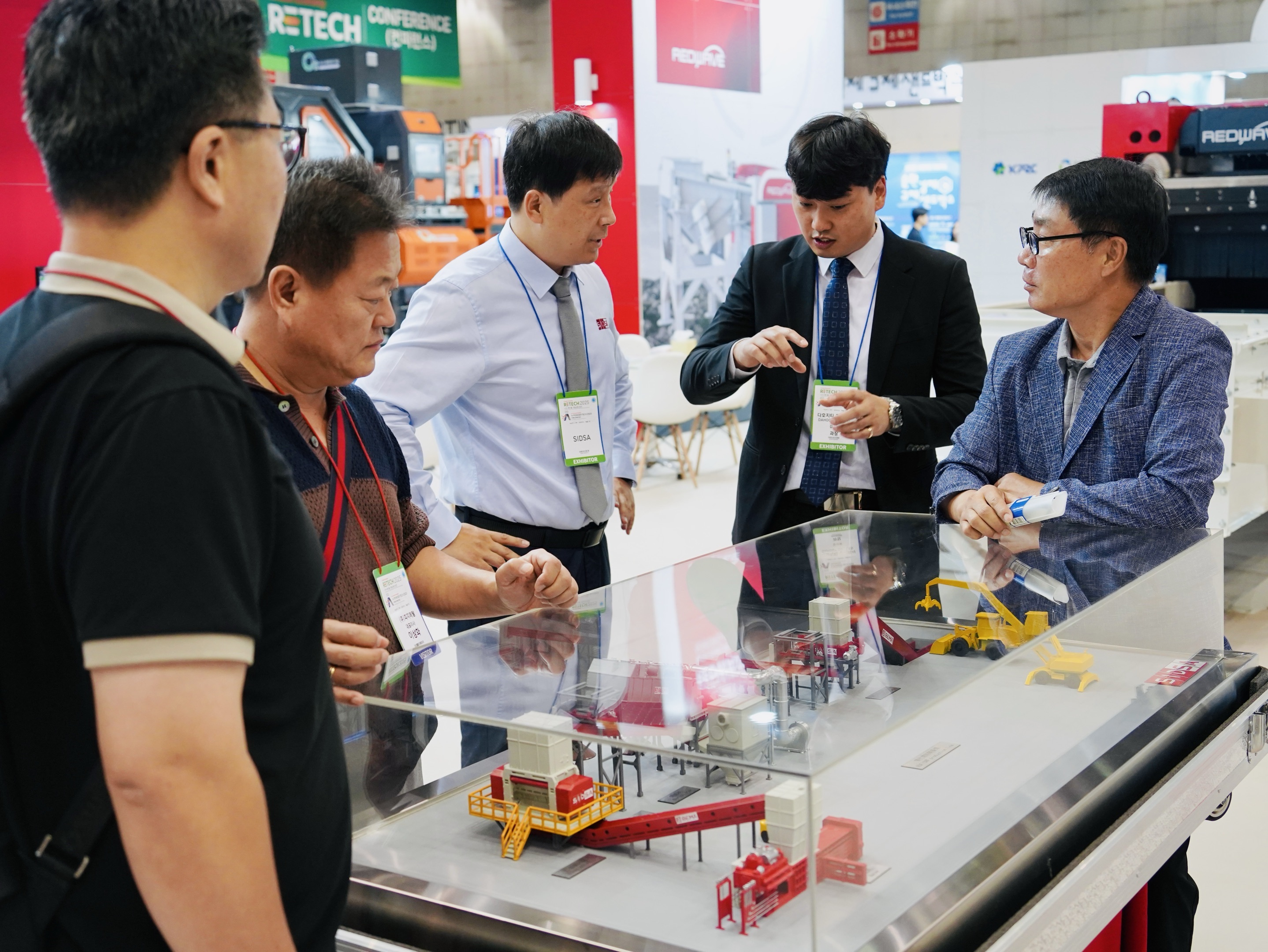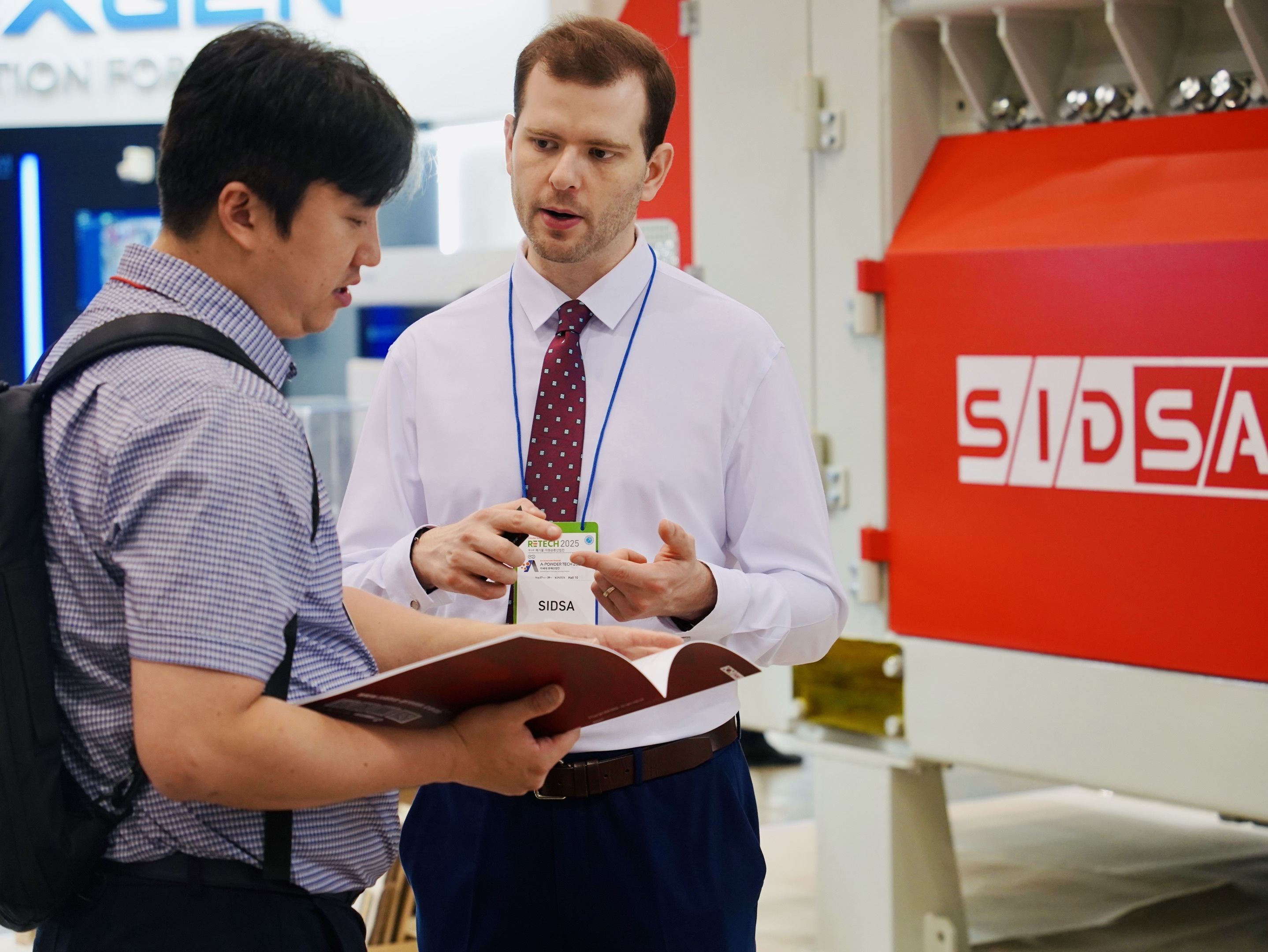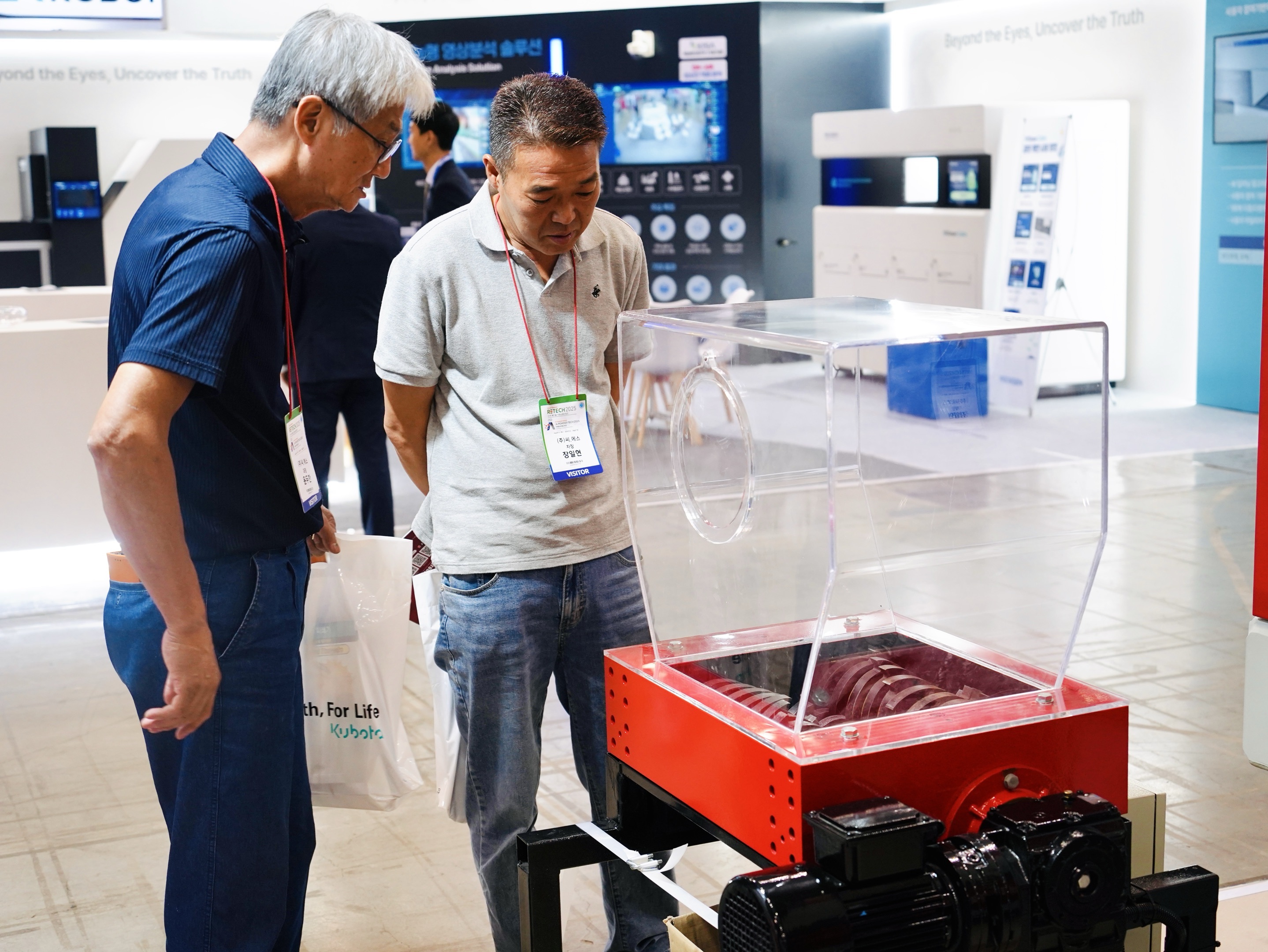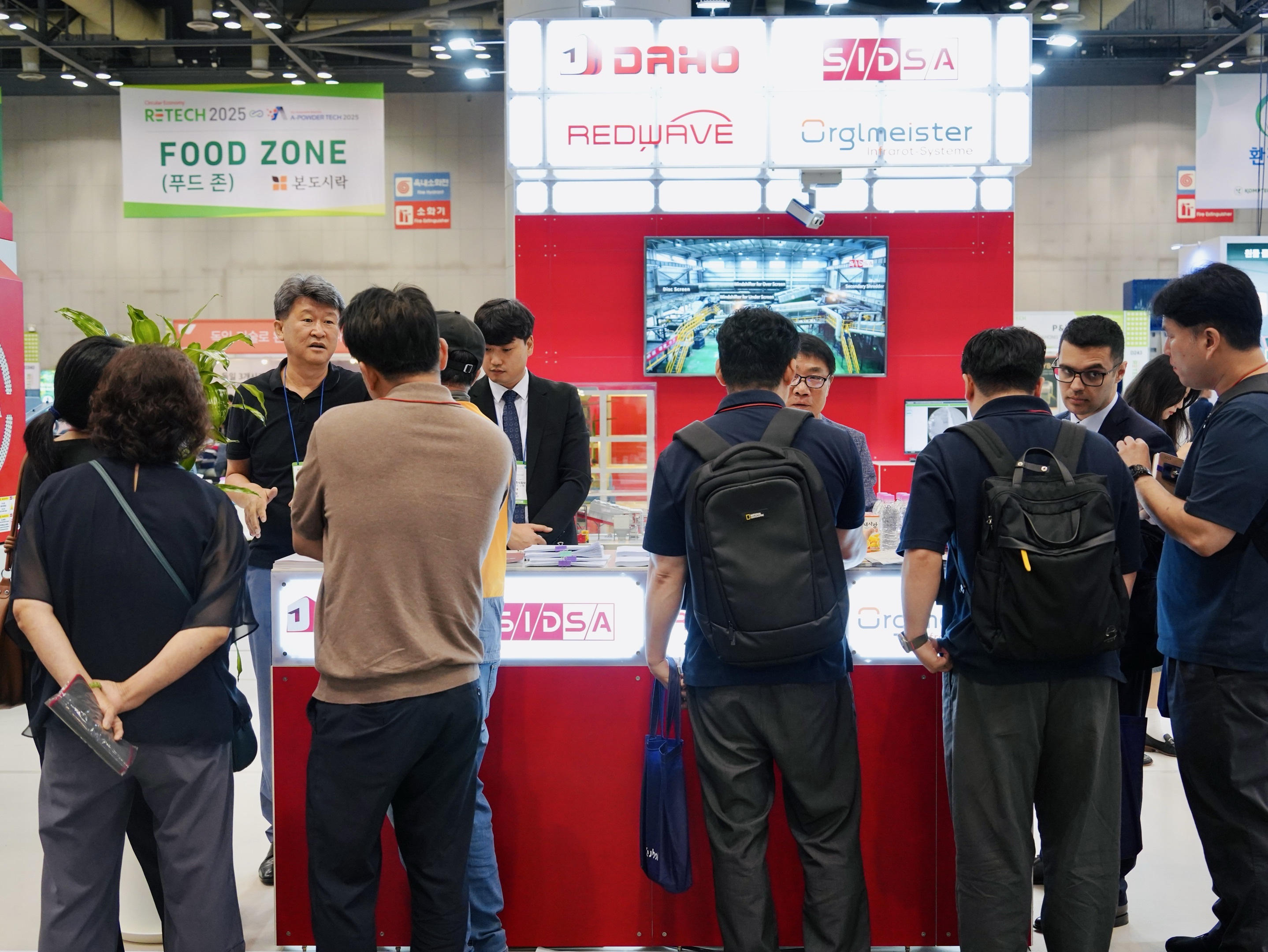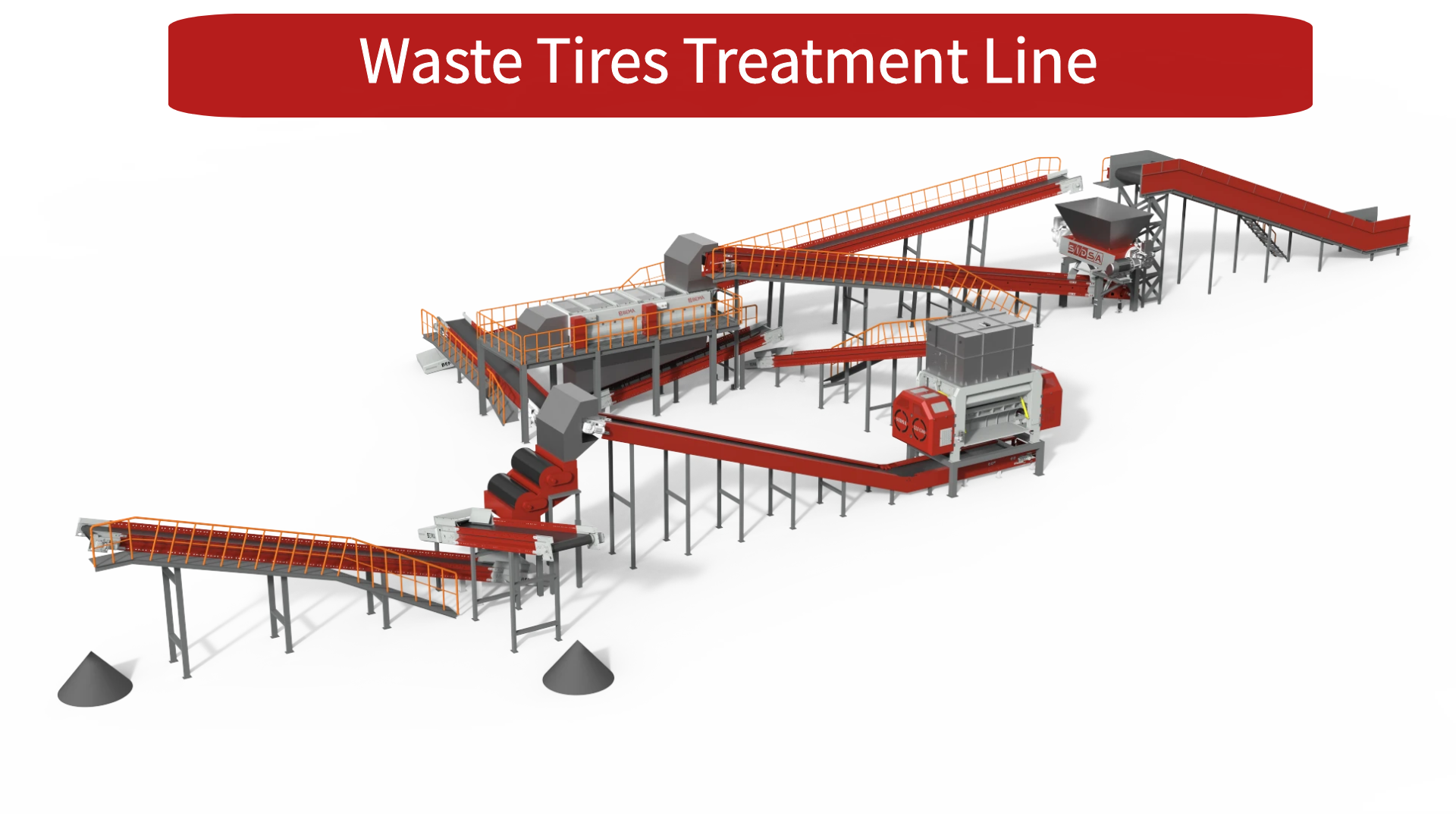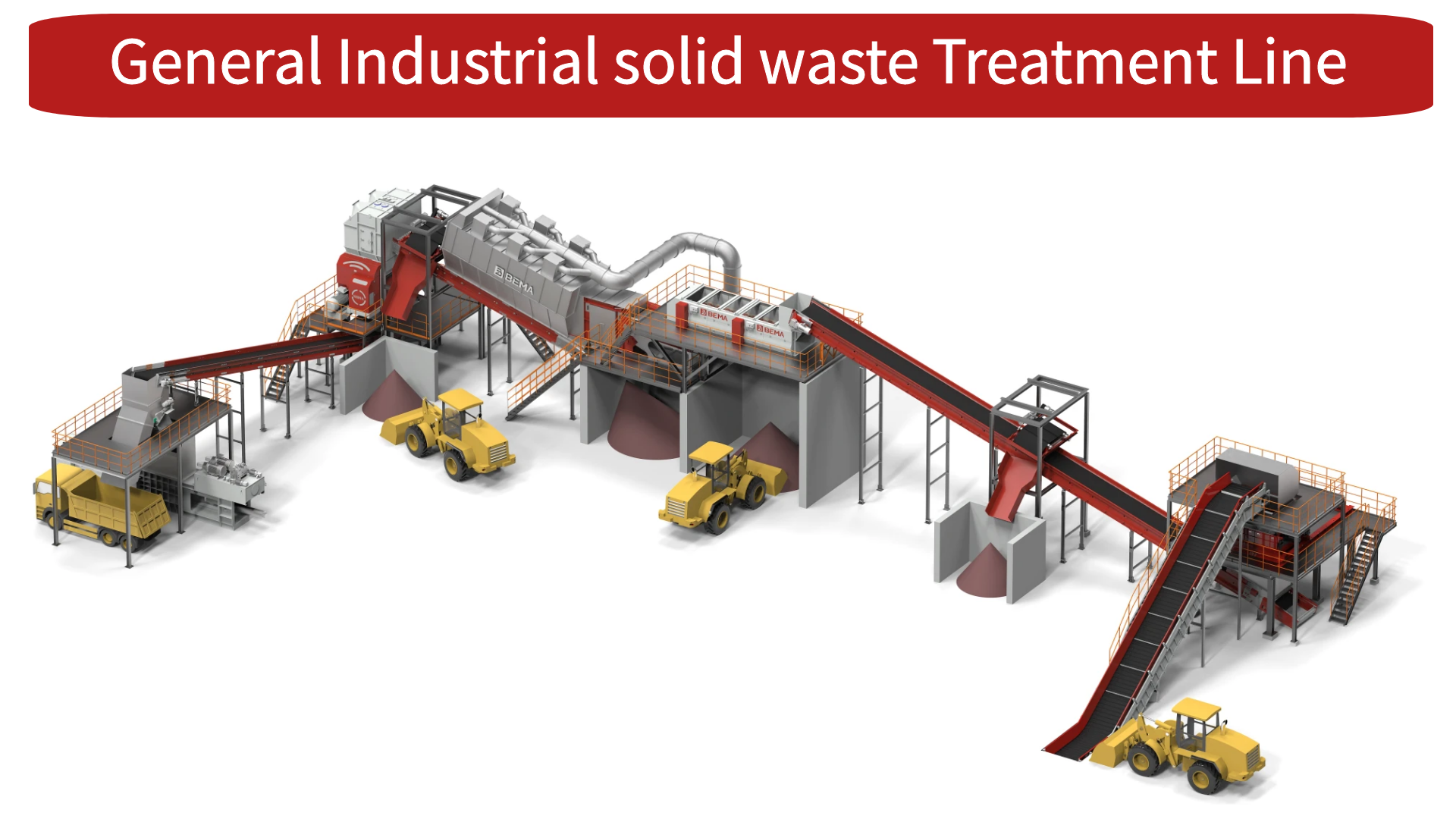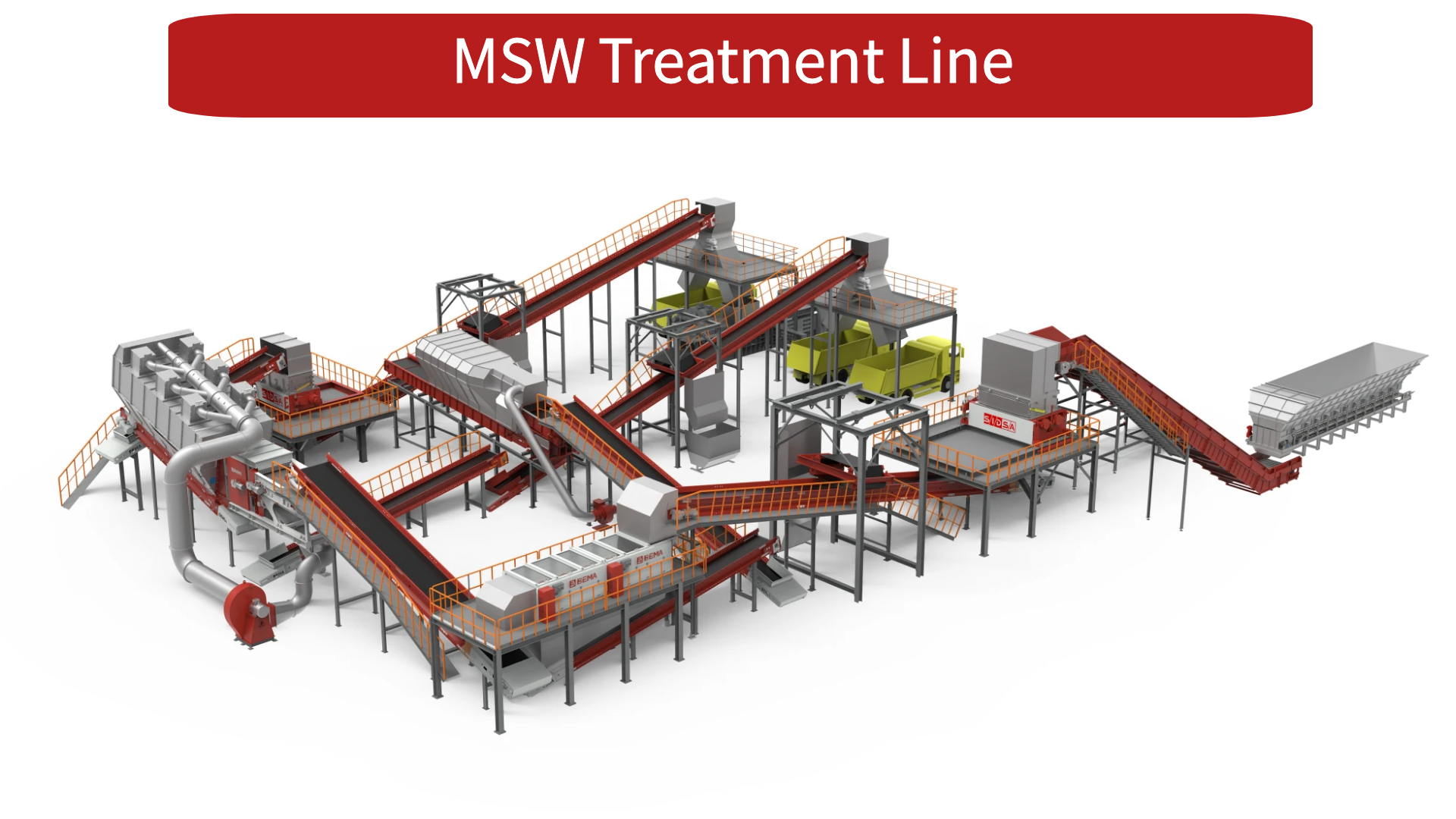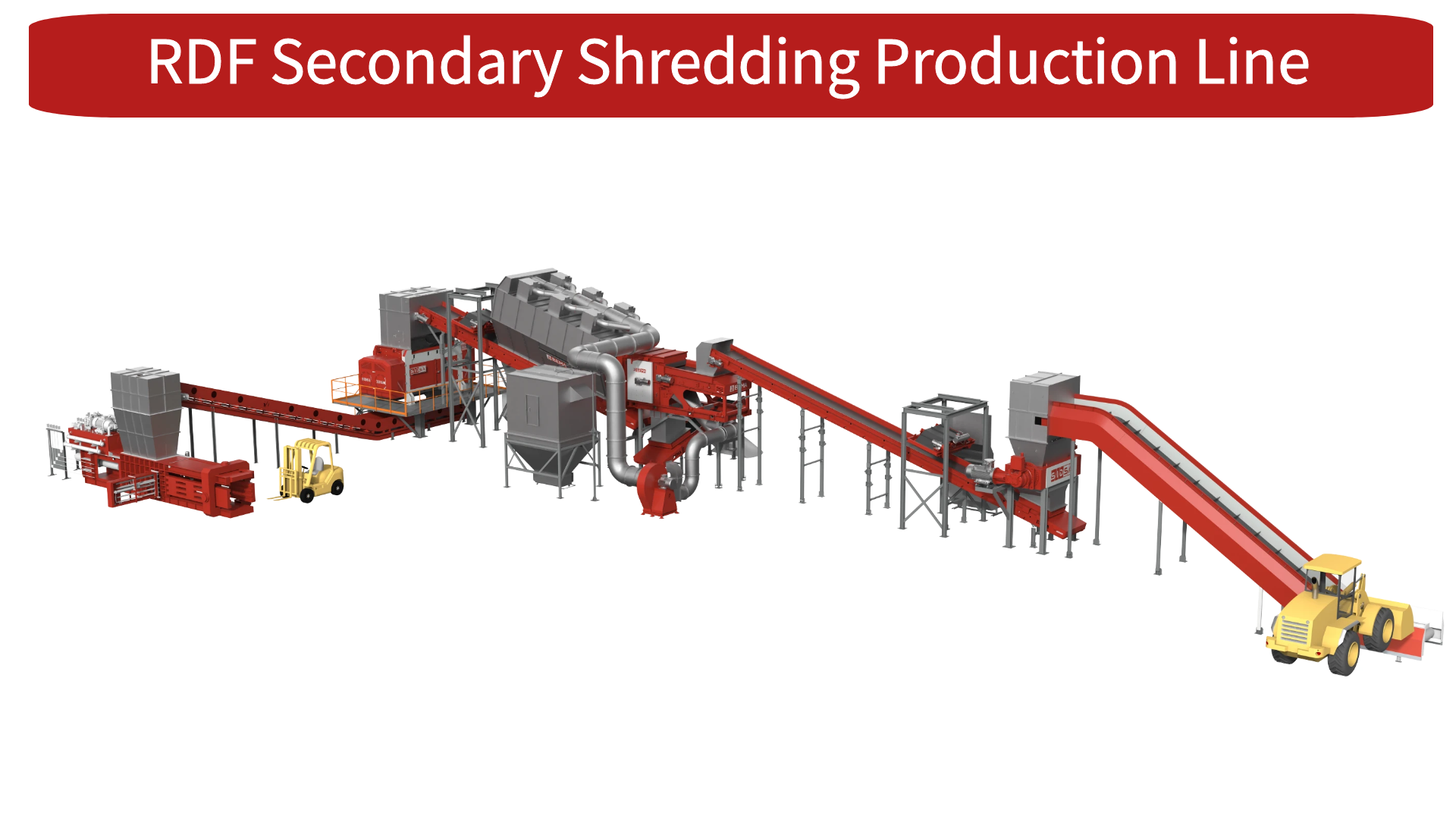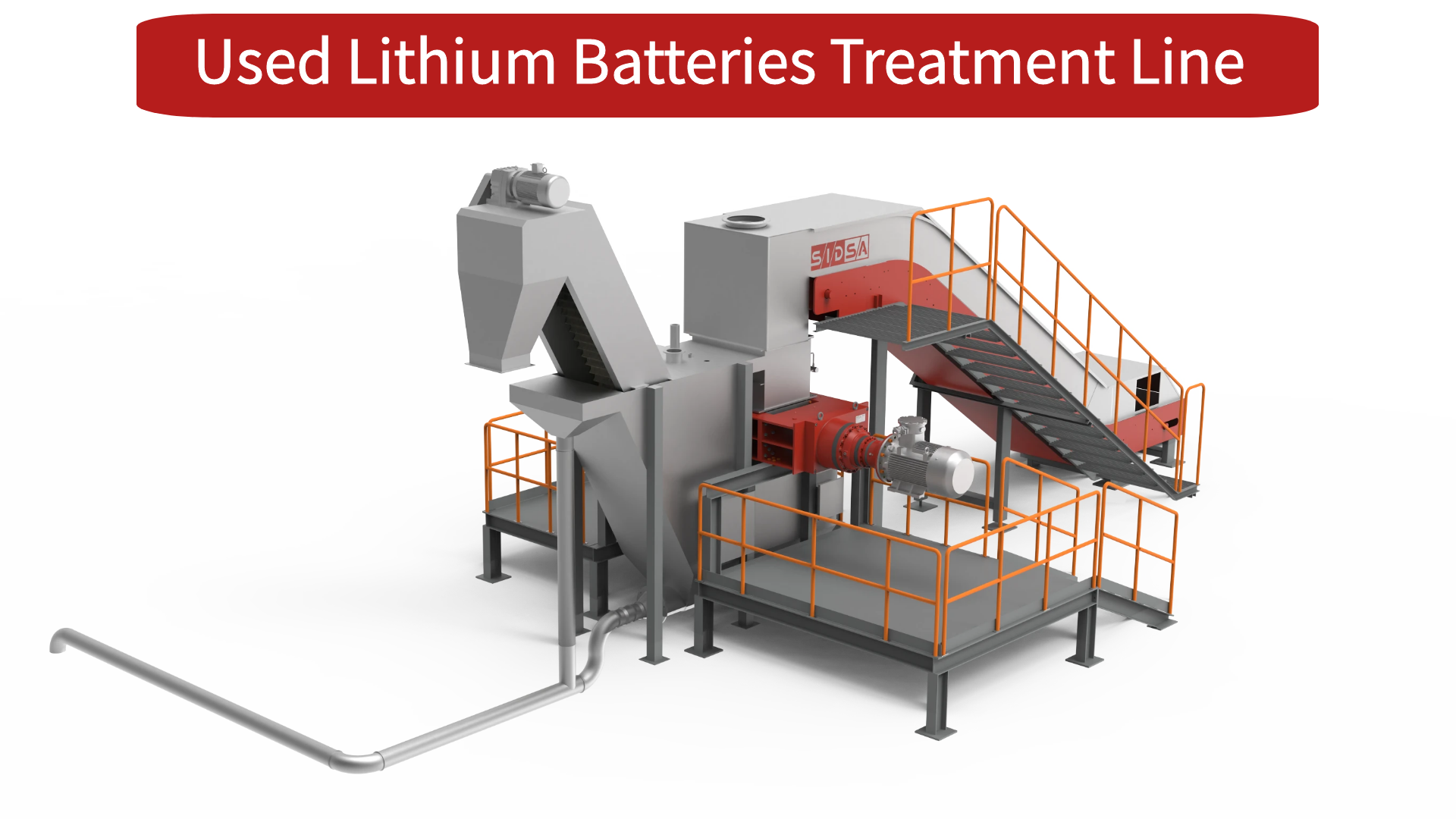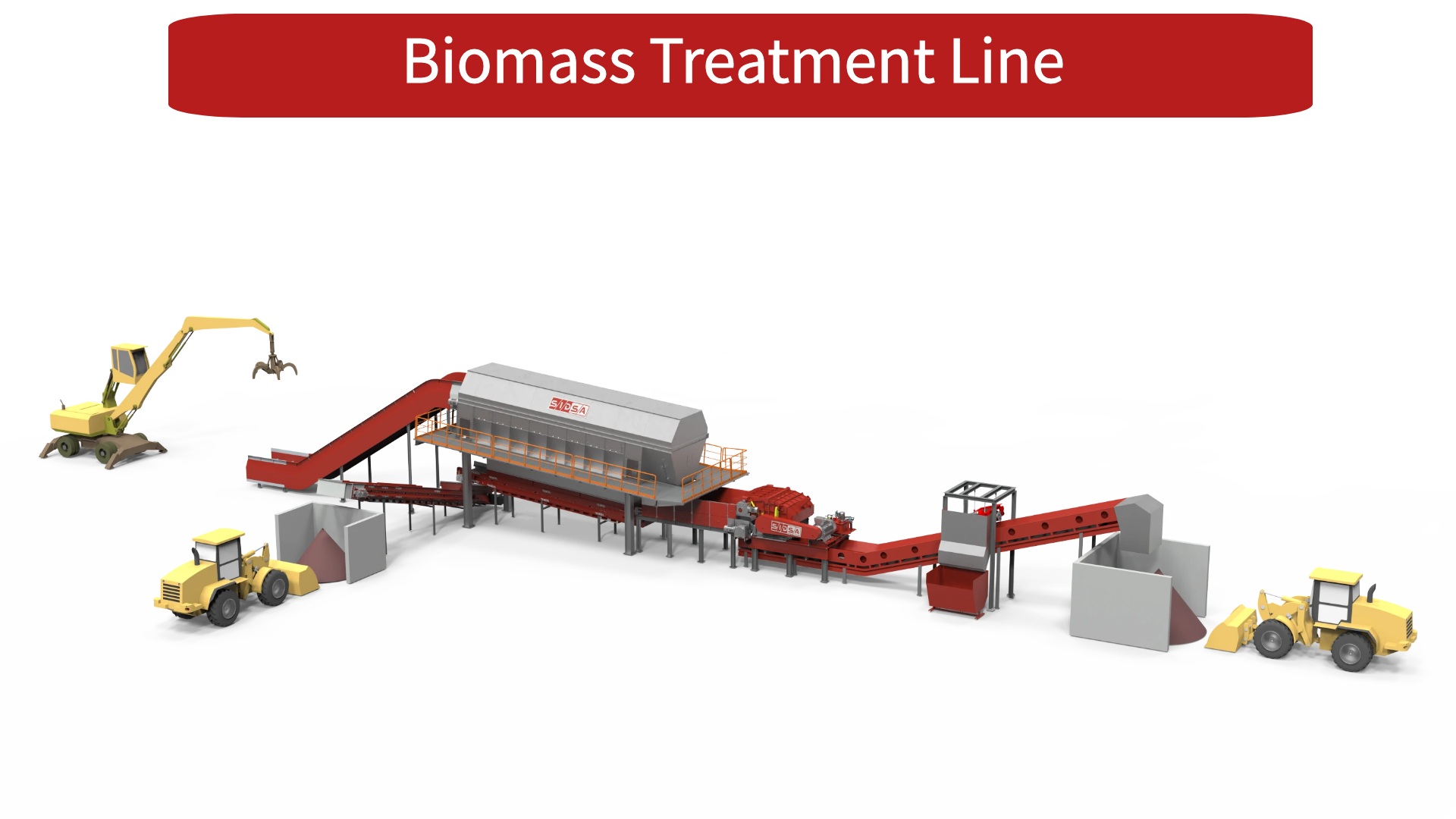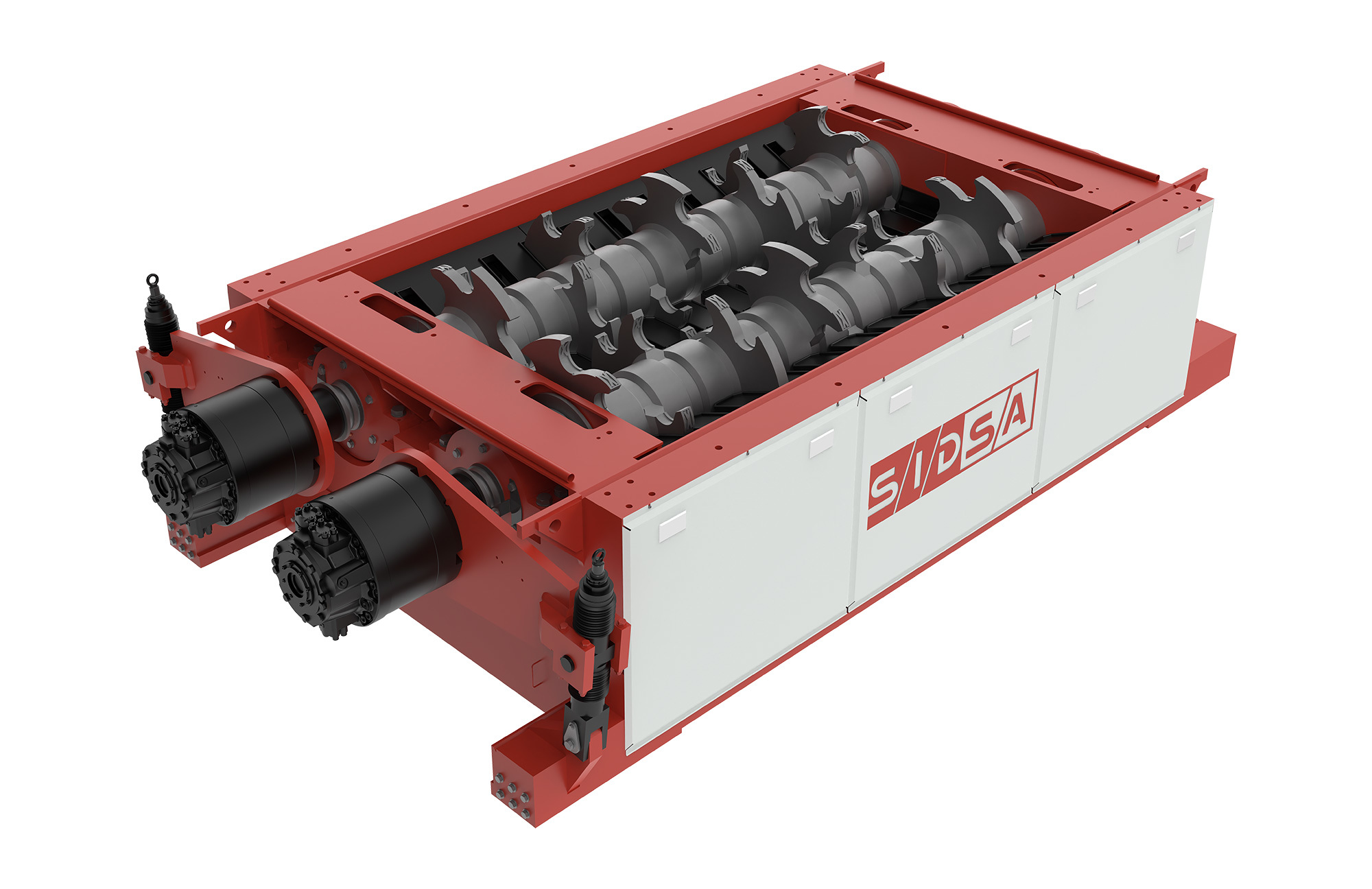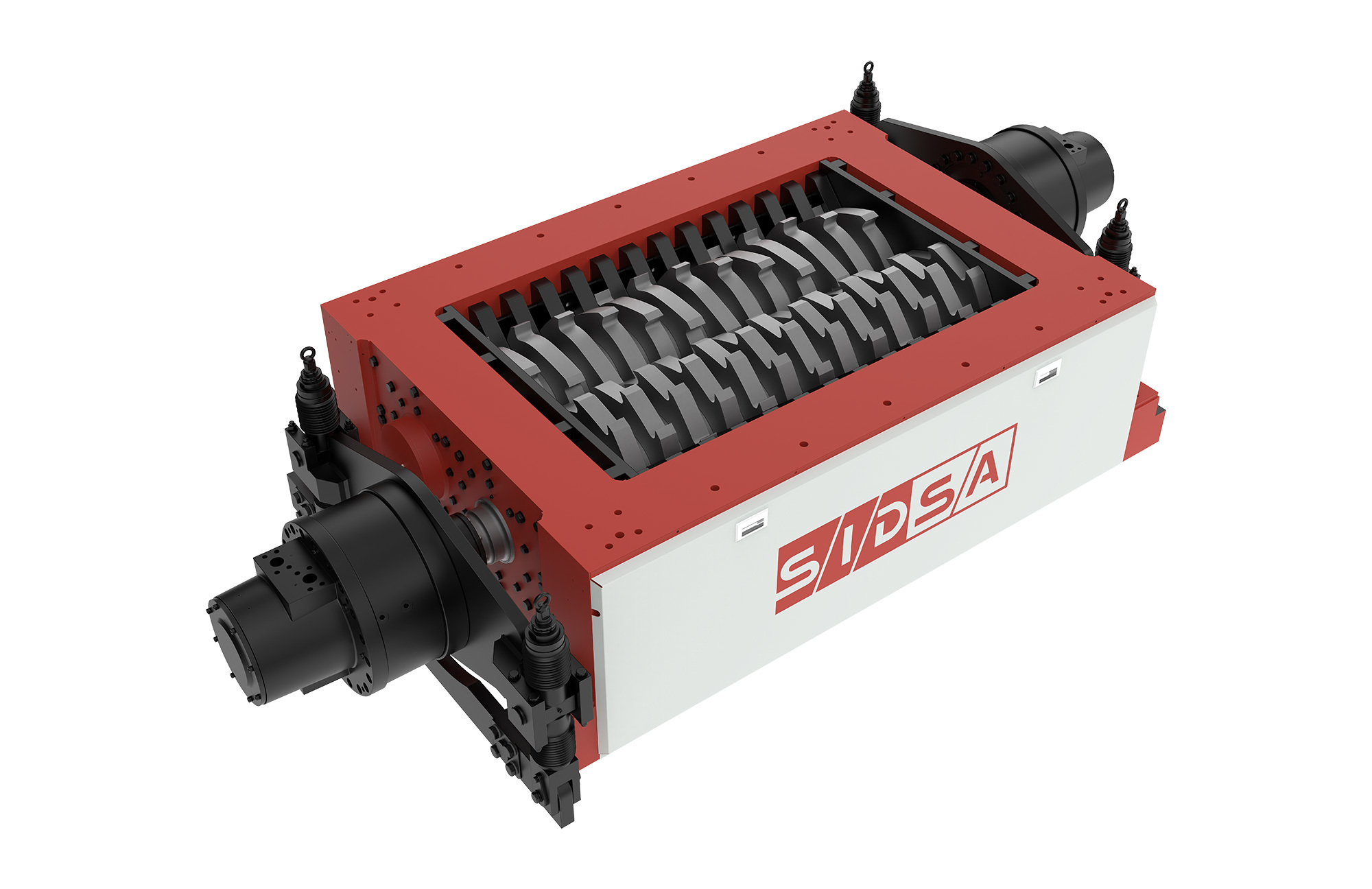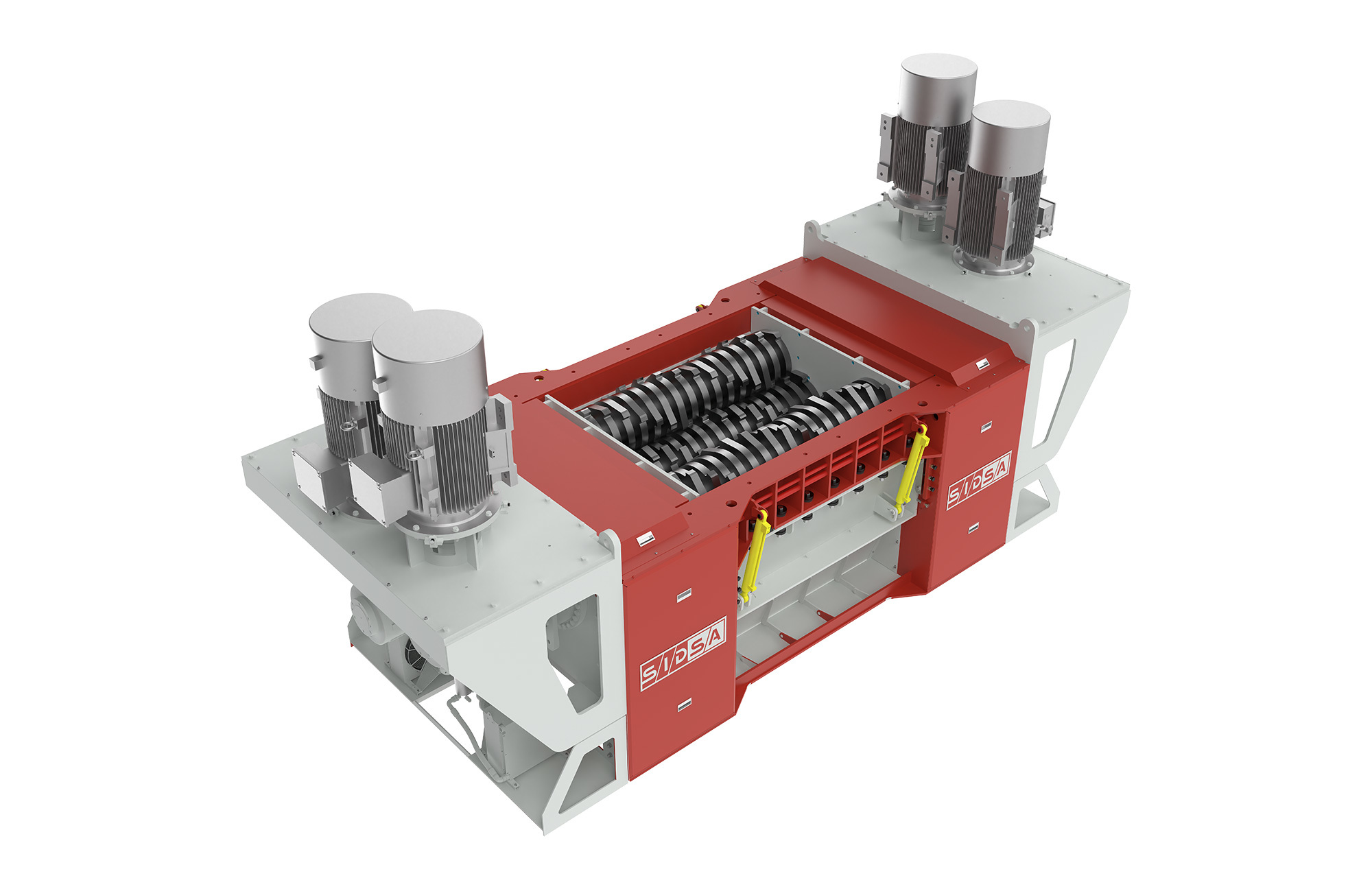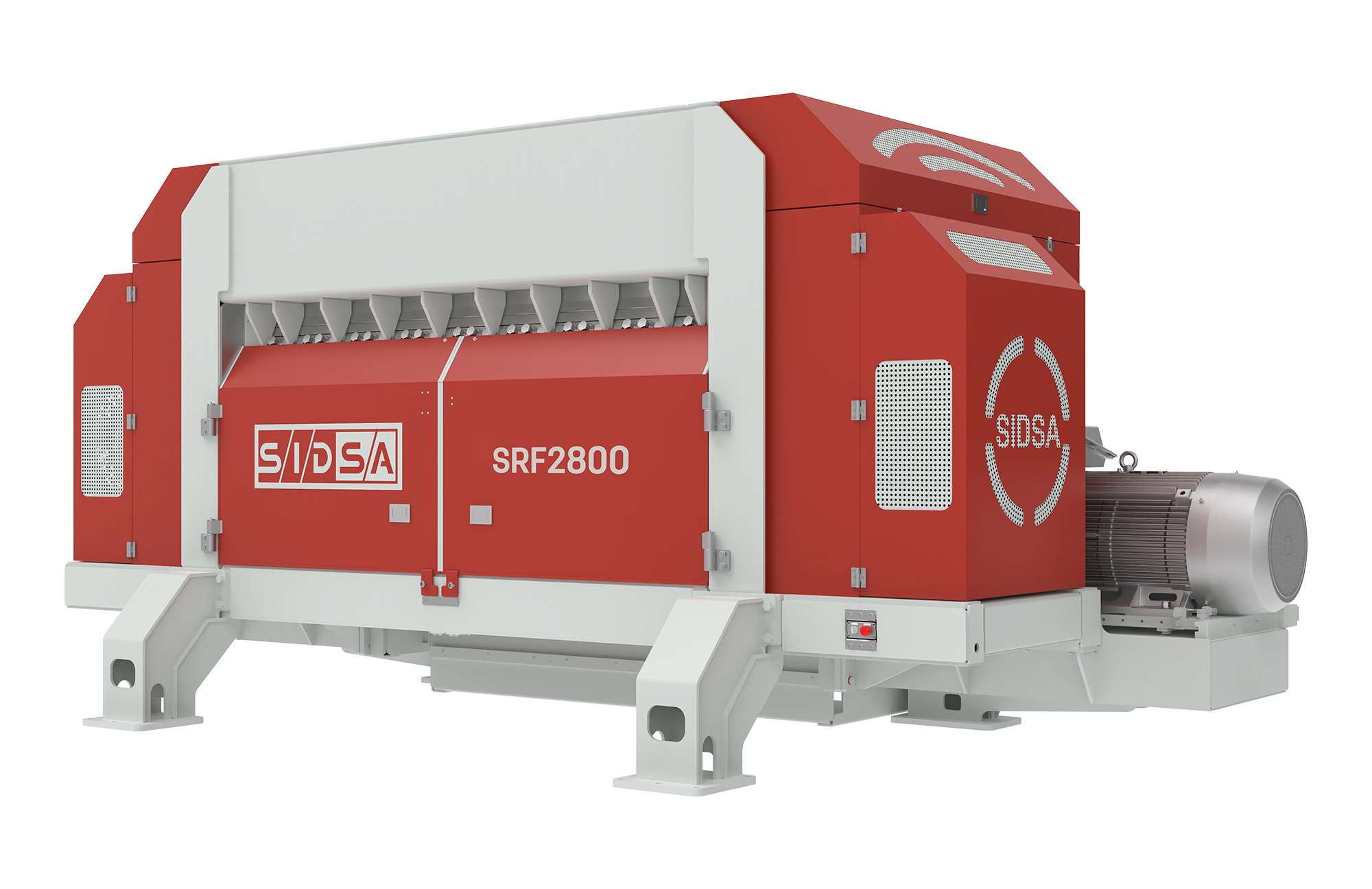SIDSA Shines at RE-TECH 2025, Exploring New Trends in South Korea's Solid Waste Management
Release Time:
Aug 28,2025
The International Environmental Technology Exhibition RETECH opened today in Seoul, South Korea, with great fanfare! This edition of the exhibition brings together over 300 global environmental protection enterprises and more than 10,000 professional visitors for this grand event. SIDSA showcased Swiss-quality shredding technology and systematic solutions at this gathering!
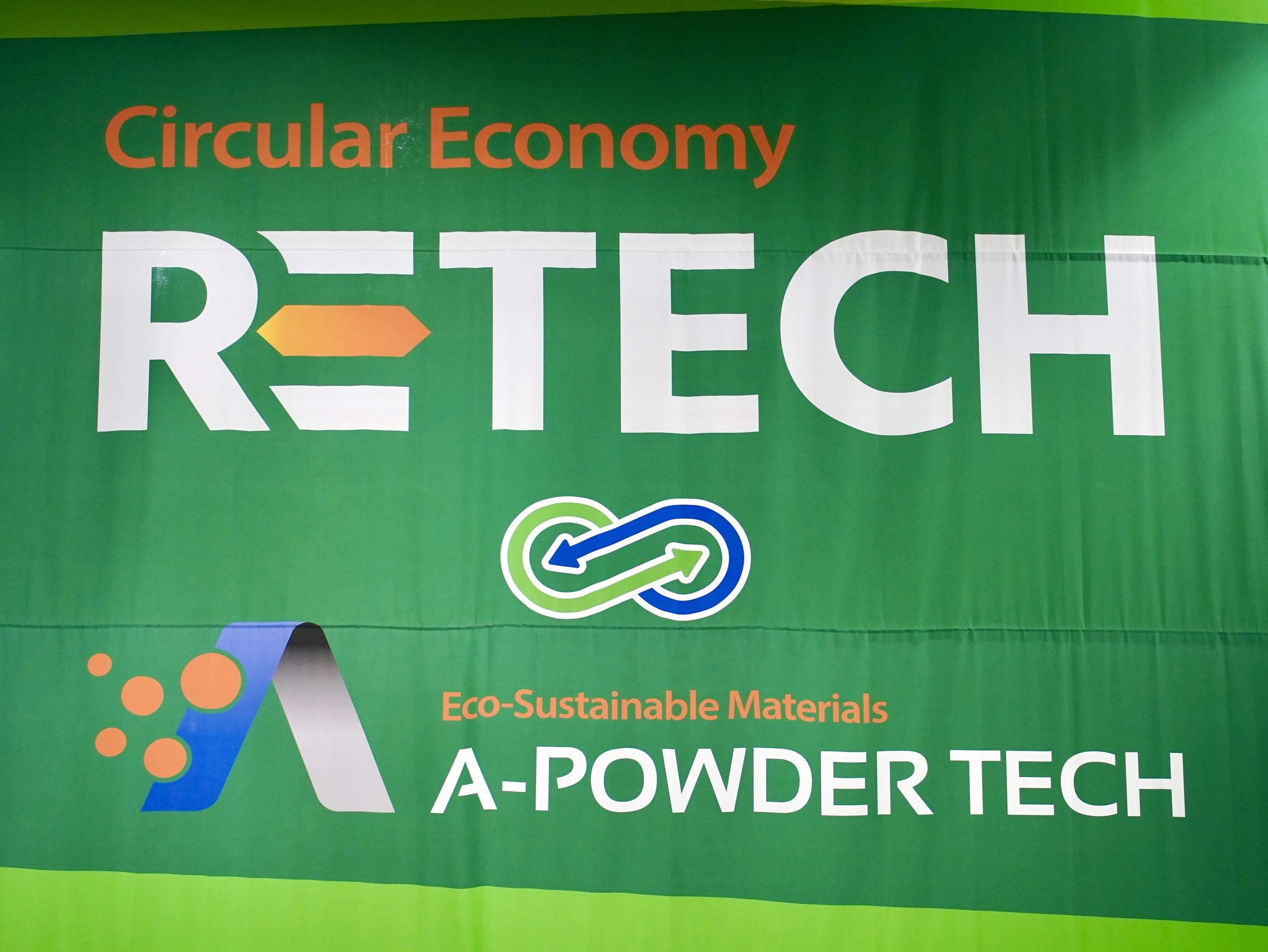
SIDSA showcased a technological feast for solid waste recycling through its "Systematic Solutions + Core Equipment" presentation format. By utilizing physical models, animated process visuals, and case study data, the company provided a clear and detailed breakdown of its solid waste pre-treatment system solutions for various application scenarios, including hazardous waste disposal, SRF/RDF production, bulky waste treatment, municipal solid waste(MSW), as well as biomass and industrial solid waste.
Data and Current Situation
South Korea's domestic waste treatment and resource recovery levels rank among the highest in Asia! Data from the Ministry of Environment shows that 40% of MSW is converted into alternative fuels (AF) for co-processing in cement kilns, and the resource recovery rate for food waste is as high as 95%—after pre-treatment, it can be transformed into biomass fuel or biogas. The waste substitution rate in cement kilns is nearly 25%, with a target of reaching 40% by 2030. In 2023, out of 91,600 tons of hazardous waste, 75% was recycled, and only 5% was landfilled.
▶ Pioneering Systems: Since 1995, South Korea has implemented a "Volume-Based Waste Fee System", which includes using dedicated bags for waste disposal, with free recycling and food waste drop-off, etc. By 2023, this had reduced waste by 160 million tons. Other initiatives include deposit return systems and the Extended Producer Responsibility (EPR) system for enterprises. Meanwhile, the South Korean cement industry has set targets for a 36% AF rate by 2030 and 100% by 2050, accompanied by an R&D investment of 1 trillion KRW (approximately 730 million USD).
▶ Resource Transformation: Faced with the pressure of saturated landfills, South Korea is also focusing on developing waste-to-energy incineration technologies while continuously exploring the production of SRF/RDF from waste for use in the cement industry.
▶ Challenges Remain: From 2014 to 2019, daily MSW increased from 49,900 tons to 57,900 tons, with the rise of food delivery and express adding to the volume. It is estimated that 47% of landfills will reach capacity by 2031, and new facilities are often difficult to build due to opposition from nearby residents.
▶ Committing to Carbon Neutrality: South Korea has announced its goal to achieve carbon neutrality by 2050. By reducing landfill use, increasing recycling rates, and developing technologies like alternative fuels, it aims to synergize solid waste management with the circular economy and low-carbon development.
SIDSA Supports South Korea's Domestic Waste Treatment Projects
During RETECH 2025, we exhibited our innovative achievements in environmental protection in South Korea. For decades, we have been on the front lines, continuously optimizing processes and improving solutions based on the characteristics of solid waste in different countries and regions. Our systems are now operating safely and stably in Japan, South Korea, Thailand, Malaysia, and other places, with output particle size meeting local SFR/RDF preparation standards.
In 2013, SIDSA introduced advanced 2-shaft shear shredder and fine shredder to the MSW treatment project in South Korea. This equipment, with its powerful crushing capacity adapted to diverse waste components, ensured safe and excellent stability for continuous operation, along with a long service life and low maintenance costs. After deployment, it quickly gained widespread acclaim within the industry, laying a solid foundation for SID's stable presence in South Korea's solid waste treatment sector.
→ SRF/RDF Production from MSW in Thailand

We have created multiple integrated solutions tailored to the characteristics of materials in different fields. Through modular configuration, our systems can handle complex MSW, meet the demand for high-calorific-value, low-chlorine fuel in cement kilns, and cover areas such as hazardous waste, industrial solid waste, and biomass. This allows materials from different sources to find optimal treatment methods and ultimately be transformed into stable and controllable SRF/RDF. While reducing costs and improving operational efficiency for our customers, we also genuinely achieve resource recycling and value recreation.
→ Services for Target Sectors and Customers
✅ Municipal Sector: Volume reduction and resource utilization of MSW and Landfill.
✅ Industrial Sector: Hazardous waste disposal, cement co-processing, and efficient shredding & energy recovery for paper, chemical, battery, and manufacturing waste.
✅ Energy Sector: Biomass power generation, and preparation/pre-treatment of Refuse Derived Fuel (RDF) / Solid Recovered Fuel (SRF).
SIDSA always provides products and services of Swiss quality for the global market, offering high-standard waste pre-treatment solutions for customers worldwide.
What Else Might You Learn?
SIDSA focuses on technological research and innovation in the field of waste pretreatment
Product
SIDSA focuses on technological research and innovation in the field of waste pretreatment

